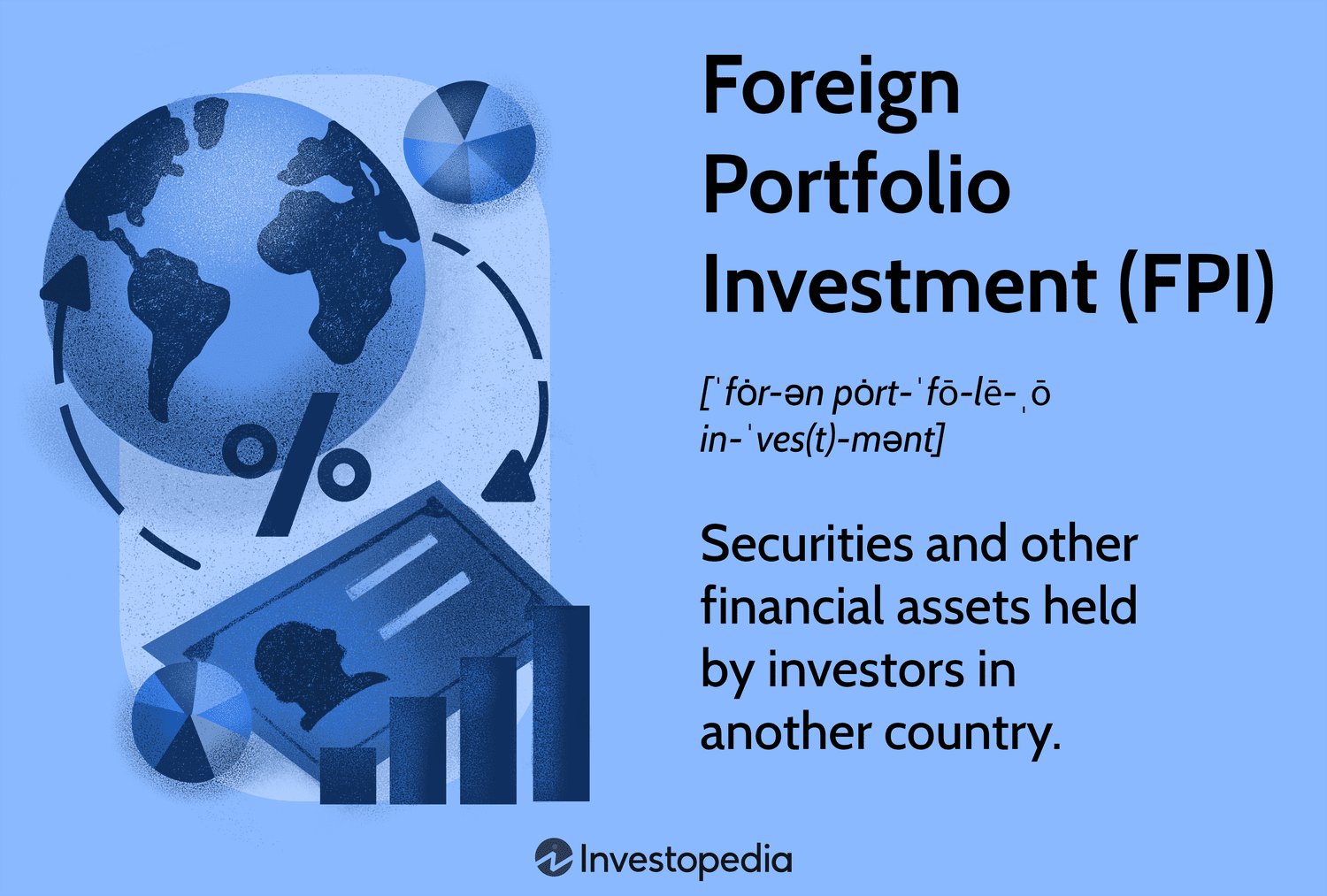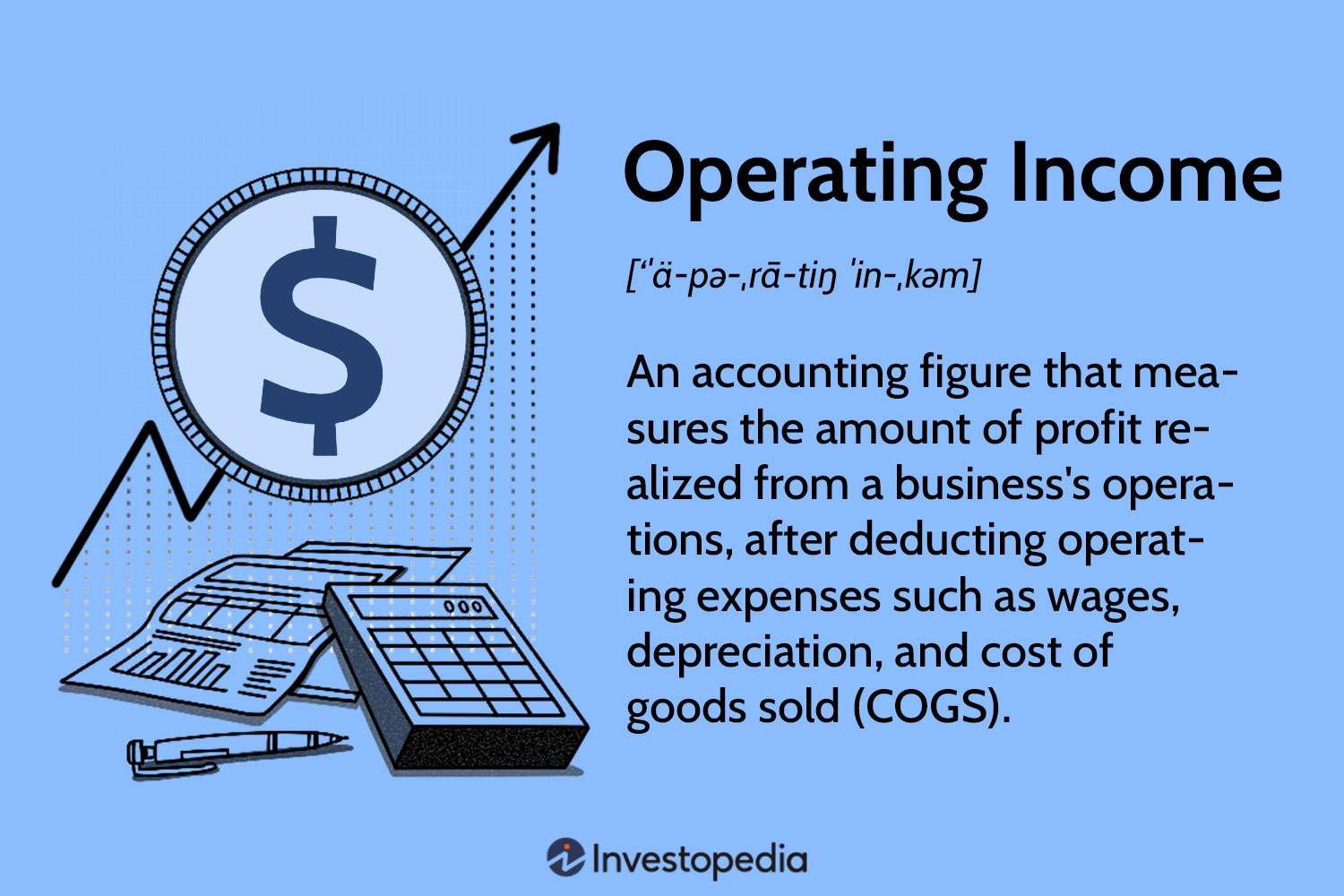Investing in foreign markets can offer a world of opportunities for investors. The benefits and risks of investing in foreign markets are crucial to understand before diving into international investments. So, what exactly are these benefits and risks? This article will explore the potential advantages and challenges that come with investing in foreign markets, providing you with valuable insights to make informed decisions. Let’s delve into the diverse world of global investments and uncover the potential rewards and pitfalls that await.
Benefits and Risks of Investing in Foreign Markets
Investing in foreign markets can offer numerous advantages and opportunities for investors. However, it is crucial to understand the potential risks and challenges involved in order to make informed decisions. This article will explore the benefits and risks of investing in foreign markets, providing valuable insights for individuals looking to expand their investment portfolio internationally.
Benefits of Investing in Foreign Markets
Investing in foreign markets can provide several significant benefits to investors. Let’s delve into some of the key advantages:
1. Diversification
2. Access to New Opportunities
3. Potential for Higher Returns
4. Currency Diversification
5. Opportunities for Portfolio Optimization
Risks of Investing in Foreign Markets
While investing in foreign markets can bring substantial benefits, it also entails certain risks and challenges that investors must consider. Let’s explore some of the risks associated with investing in foreign markets:
1. Political and Regulatory Risks
2. Currency Risk
3. Economic Risks
4. Cultural and Legal Differences
5. Liquidity Risks
Global Investing: Benefits and Risks
Frequently Asked Questions
Frequently Asked Questions (FAQs)
What are the benefits of investing in foreign markets?
Investing in foreign markets offers several benefits. It allows you to diversify your investment portfolio, potentially increasing your chances of higher returns. Foreign markets may also provide access to lucrative investment opportunities that are not available domestically. Additionally, investing in foreign markets can offer exposure to different currencies and economies, which can help hedge against risks in your home country.
Are there any risks associated with investing in foreign markets?
Yes, there are risks associated with investing in foreign markets. Currency fluctuations can impact the value of your investments. Political instability, economic downturns, and changes in government policies or regulations can also affect foreign investments. Additionally, there may be cultural or language barriers that can pose challenges in understanding and navigating foreign markets.
How can investing in foreign markets help with portfolio diversification?
Investing in foreign markets can help with portfolio diversification by spreading your investments across different countries and economies. This diversification can reduce the overall risk of your portfolio, as different markets can perform differently under various economic conditions. By investing in foreign markets, you are not solely dependent on a single market or economy to generate returns.
Can investing in foreign markets provide higher returns compared to domestic investments?
Foreign markets can potentially provide higher returns compared to domestic investments. These markets may offer unique growth opportunities that are not available in your home country. By tapping into emerging markets or industries that are flourishing in foreign countries, you may benefit from higher returns on your investments.
How can investing in foreign markets help hedge against risks in my home country?
Investing in foreign markets can help hedge against risks in your home country by diversifying your investments. If there is a downturn or crisis in your home country’s economy, investments in foreign markets may not be affected in the same way. Different markets may react differently to economic events, providing a level of protection to your overall investment portfolio.
What should I consider before investing in foreign markets?
Before investing in foreign markets, it is essential to consider several factors. These include understanding the political and economic stability of the foreign country, assessing the legal and regulatory frameworks, analyzing the currency risks, and evaluating the cultural and language barriers. It is also important to conduct thorough research on specific industries or companies you plan to invest in and seek professional advice if needed.
How can I mitigate currency risk when investing in foreign markets?
To mitigate currency risks when investing in foreign markets, you can consider various strategies. One option is hedging, which involves using financial instruments to protect against adverse currency movements. Another approach is diversifying your investments across different currencies, which can help offset potential losses in one currency with gains in another. Additionally, maintaining a long-term investment horizon and staying informed about currency trends can also help manage currency risks.
Is it necessary to have a large amount of capital to invest in foreign markets?
No, it is not necessary to have a large amount of capital to invest in foreign markets. Many investment options are available with varying capital requirements, allowing individuals with different investment capacities to participate. Mutual funds, exchange-traded funds (ETFs), and online investment platforms often provide affordable entry points for investing in foreign markets. However, it is always important to consider your financial situation and risk tolerance before making any investment decisions.
Final Thoughts
Investing in foreign markets can offer numerous benefits. Firstly, it allows diversification of investment portfolios, reducing the risk associated with relying heavily on one domestic market. Secondly, foreign markets may provide higher growth potential, offering access to emerging economies and industries. Additionally, investing abroad can provide opportunities for higher returns due to favorable exchange rates and lower valuations. However, it is crucial to acknowledge the risks involved. These include political instability, regulatory changes, currency fluctuations, and unfamiliar cultural dynamics. Careful research, market analysis, and risk management strategies are essential when considering investing in foreign markets. By understanding the benefits and risks, investors can make informed decisions to optimize their investment strategies in foreign markets.


